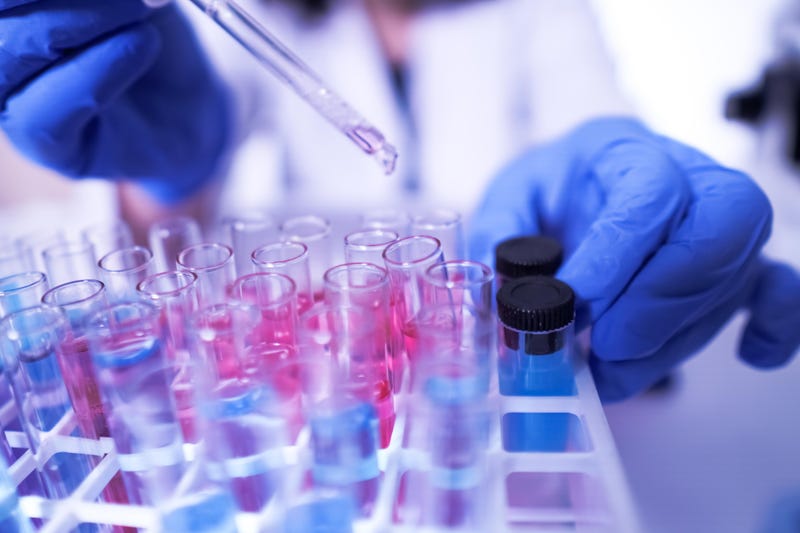
CHICAGO (WBBM NEWSRADIO) -- Chicago aldermen have approved funding for the city to track COVID variants through a partnership with Rush University Medical Center.
The City Council’s budget committee approved $3.5 million for the partnership, which will conduct genomic sequencing for up to 6,000 samples specimens from Chicagoans who test positive for COVID-19.
According to the Sun-Times, the money used will come from a $3 million “epidemiology and capacity grant” received during the first few months of the pandemic from the Centers for Disease Control and a $500,000 grant for the same purpose awarded to the city in December.
Deputy Commissioner of the Chicago Department of Public Health Tim Anderson told Chicago aldermen the department must be able to monitor the spread of variants to shape the city’s response.
“These variants are here in Illinois and they are spreading. Some of these variants have been documented to spread more quickly. More people can kind of catch them from one sick person and they will impact a third wave of increased cases in Chicago,” Anderson said.
“CDPH needs to be able to monitor the spread of these to be able to inform policy decisions around the city’s response. We need to know and understand how more transmissible these variants are or if they are causing more severe disease in those who are infected. Additionally, we need to understand if there are possible cases of re-infection. People who have...gotten it a second time with variants or become sick after receiving the vaccine.”
In order to monitor the spread of coronavirus variants, Anderson said you either need a “highly-specialized test, which is not readily available” or the ability to “run genomic sequencing on a test sample after the patient has been diagnosed as positive."
He said that requires a diagnosing lab to give the test sample to a lab which can run sequencing and identify the viral strain which has infected the patient, but the city does not currently have to space to do so.
“The city does not have the ability to monitor this because we do not have a public health laboratory, nor a partnership with a lab that has this capability. To build our own public health lab would cost millions of dollars in start-up costs and several years to construct and fully certify. It would also require much cost to maintain thereafter," Anderson said.
According to the Sun-Times, when the city first received CDC funding last year, a request for proposals to forge a public-private partnership to build that “critical capacity” was issued.
Rush University Medical Center was the only lab to submit a response.


